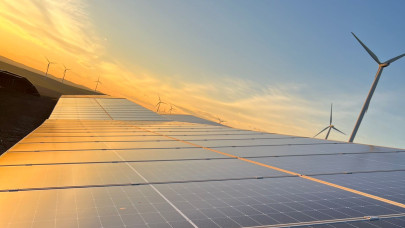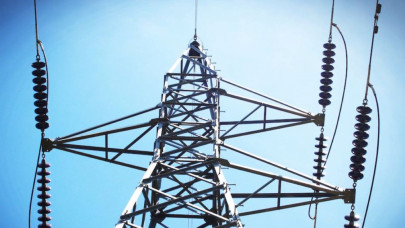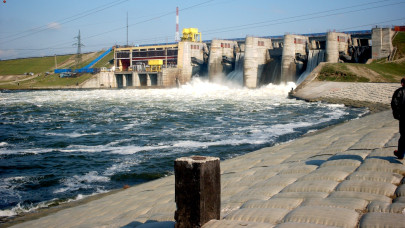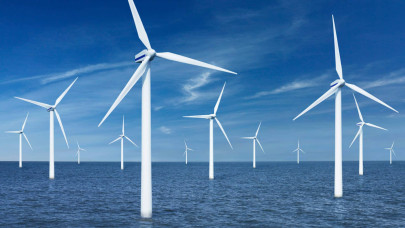Through this draft normative act, a support scheme based on Contracts for difference is granted for the construction and operation of offshore wind power plants with an electricity production capacity of 3 GW, until the year 2035, it is stated in the Explanatory Memorandum that accompanies the draft normative act.
"Romania, in relation to other European states, is positioned among the pioneers of this technology and we certainly have every interest to be there on the map of the big investors and to exploit the great wind potential of the Black Sea, because here we have a figure from the experts of the World Bank, namely 75 Gigawatts, a colossal figure that we must value for Romania, at least partially. On the other hand, we are certainly talking about green energy and we want to support Romania's green transition. We are certainly talking about an off-shore. The legislative project was finalized after a long technical process at the level of the Ministry of Energy and here we benefited from the assistance of the World Bank, but also the assistance of the State Department of the United States of America, America being a good example and from this perspective of offshore wind production, we put it out for public debate, we later extended the deadline until September 1st, because there was a lot of interest from the market and now we are integrating everything that we have received in this period. The specialized departments in the ministry integrate the observations and we strive to be with the legislative project in the Government, in a maximum of two weeks. The act must be approved by the other ministries, including the Ministry of the Environment. Afterwards, it goes from the Government to the Parliament and the end of the parliamentary session, in December, should be a feasible deadline for the adoption of this legislative project", said Burduja.
He added that the Ministry of Energy will prepare a complex study on the offshore energy area, and the 2030 horizon is a realistic one for an installed capacity of 1,000 MW.
"The offshore wind law is only the first step. There is now a very complex study developed by the Ministry of Energy, which includes many environmental considerations and this must be very well defined because it is a sensitive subject not only for Romania but and for other states. After we complete this study or in parallel make secondary legislation, there is a preparation process, including human resources in the Ministry of Energy and in Transelectrica. All these institutions must be prepared. In other states, the implementation of the first projects appeared 7, 8, and 10 years after the law was passed. We are now taking over from the good practices of these states, so we are accelerating the calendar, but really, the 2030 horizon is a realistic one for a capacity of 1,000 MW", he mentioned to the minister.
Romania's offshore wind energy potential, as assessed based on World Bank (WB) estimates, has a theoretical capacity of 76 GW, 22 GW in the form of fixed turbines, and 54 GW in the form of floating turbines. From the point of view of the cost/benefit ratio, the first turbines that should be installed are the fixed ones.
The draft normative act, which is part of the ME commitments within the National Recovery and Resilience Plan (PNRR), includes provisions regarding - the capacity installed in projects to produce electricity from offshore wind resources for which support can be granted through the scheme of Contracts for Difference support until 2035; establishing the competent authorities responsible for facilitating and coordinating the implementation process of offshore wind energy production projects; the rules and conditions regarding the establishment and concession of the perimeters within which activities of exploration and exploitation of the offshore wind potential can be carried out; the rules and conditions regarding the granting of authorizations and licenses by the competent authorities; information regarding legal easements and access rights; information on the tax and royalty regime; conditions and obligations regarding the connection to the electricity transmission network; obligations regarding the dismantling of the offshore wind power plant; contraventions and sanctions.













